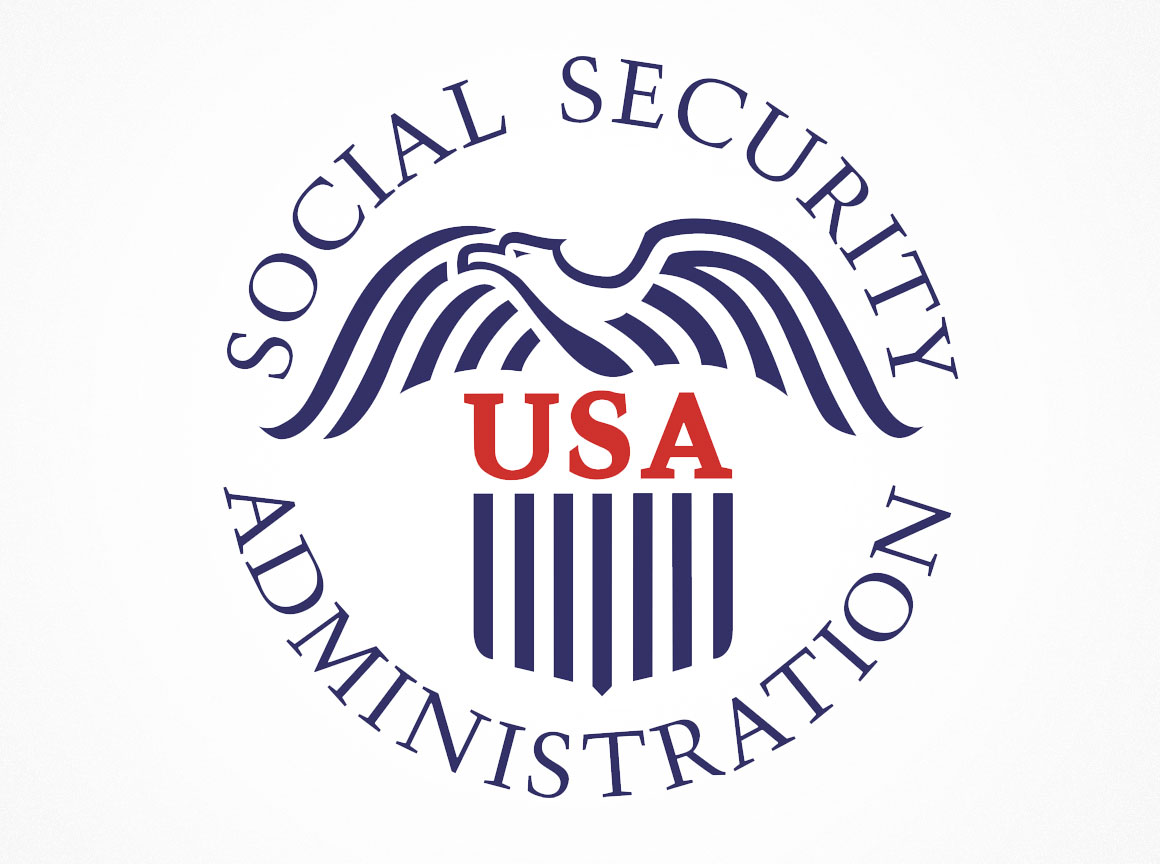As Identity Theft Increases, ACLU Urges Supreme Court to Ensure Enforcement of Privacy Act
FOR IMMEDIATE RELEASE
WASHINGTON – The Supreme Court will hear oral arguments today in Doe v. Chao, a case that will go a long way toward determining whether individual citizens have an effective remedy against the government for violations of the Privacy Act, including improper release of Social Security numbers.
“Congress recognized the importance of privacy rights when it passed the Privacy Act,” said ACLU Legal Director Steven R. Shapiro. “It also recognized that it is often difficult to place a monetary value on the loss of privacy. In an era of growing government databases and rampant identity theft, the government’s effort to close the courthouse door on many privacy claimants is insupportable and wrong.”
The ACLU, joined by a coalition of other civil rights groups and privacy scholars, has submitted a friend-of-the-court brief in the case supporting Buck Doe against Elaine L. Chao, Secretary of Labor.
At issue are the minimum $1,000 statutory awards provided as a civil remedy provision in the Privacy Act, granting damages to individuals whose Social Security numbers have been illegally obtained and used. The $1,000 monetary awards were seen as critical by Congress to ensure that privacy protections are actually enforced. Under the law, awards can be granted whether or not actual monetary damages can be proven.
The government, however, has said in this case that individuals who cannot prove actual damages should not recover any award – thereby eliminating the incentive for most people to seek enforcement of the Privacy Act.
According to the Federal Trade Commission, the types of non-monetary damages that can flow from identity theft include: being denied credit or other financial services; being harassed by debt collectors for debts incurred by identity thieves; being subjected to criminal investigation, arrest or conviction; and losing one’s job or being denied employment.
The General Accounting Office has reported that along with names and birth certificates, Social Security numbers are the items most sought after by identity thieves. The dangers of the widespread use of Social Security numbers as universal identifiers have increased in recent years. In 1998, the Social Security Administration received 11,000 complaints for the misuse of Social Security numbers. By 2001, complaints had increased to more than 65,000.
Social Security numbers are now widely used to identify people in financial, medical and educational databases. Even health clubs and video rental stores regularly ask for this information, although consumers do not have comply with this request.
The ACLU’s brief is online at /cpredirect/18223
Stay Informed
Every month, you'll receive regular roundups of the most important civil rights and civil liberties developments. Remember: a well-informed citizenry is the best defense against tyranny.
